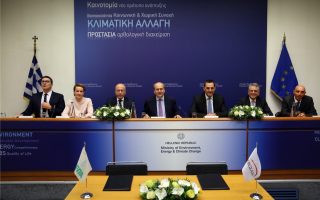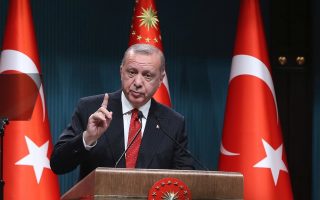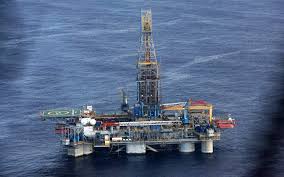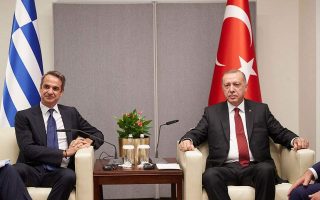The great game in the East Med
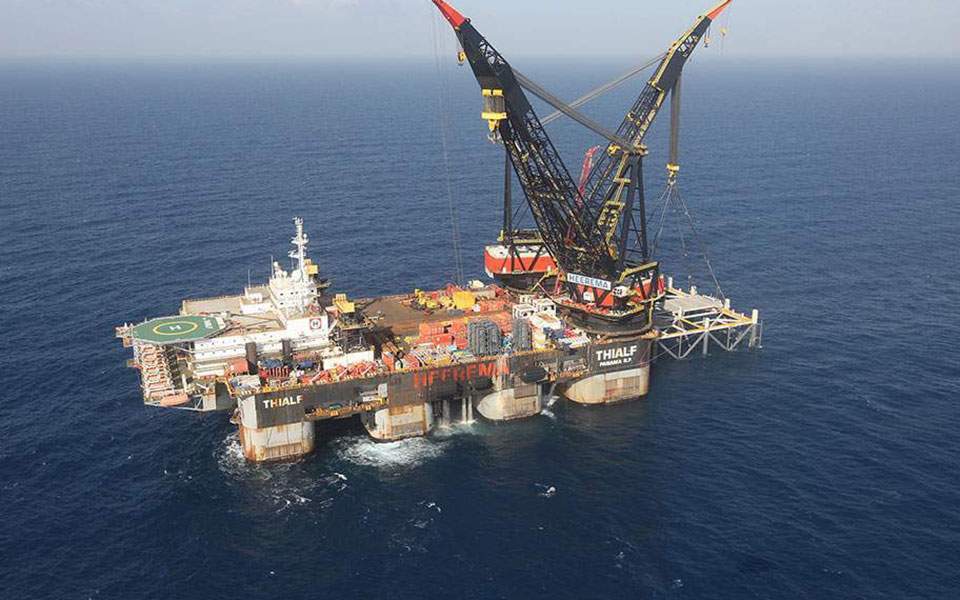
The events of these days will shape our region’s future in ways that we cannot predict. Thursday’s signing of the agreement between Greece, Cyprus and Israel for the construction of the submarine EastMed pipeline prompted the Turkish National Assembly to ratify a decision to send troops to Libya. A few days earlier, the United States adopted the East Med Act, in which it supports cooperation on security and energy between Greece, Cyprus and Israel and at the same time threatens Turkey with sanctions for the purchase of Russian weapons. All the protagonists are on stage, and they know that their next moves in the Eastern Mediterranean will have lasting consequences.
The cooperation that has developed between Greece, Cyprus and Israel over the past few years has strengthened each of them. However distant the construction of the pipeline might be, the trilateral agreement shows that they are determined to overcome obstacles set by Turkey. Furthermore, the European Union is providing funds for the study of the project, while the US is pleased that this would help lessen the EU’s dependence on Russian gas.
However, the fact that the EastMed pipeline will be designed to carry 10 billion cubic meters of gas annually, when Nord Stream 1 and 2 alone will reach 110 bcm per year, suggests that Europe will not be weaned off Russian gas so easily. And that is besides the need to find funds for the 1,900-kilometer pipeline. But its political significance is unquestionable. That is why Recep Tayyip Erdogan pressed the government in Tripoli to agree on the delineation of the Libyan and Turkish exclusive economic zones in a way that excluded Greece, in exchange for military help in Libya’s civil war. This leap too far isolated Turkey diplomatically and is also most likely to show the limits of Turkey’s military power: Ankara will not be able to defend troops in an area where it cannot provide air and naval cover. So whether the pipeline is built or not, Turkey’s behavior has prompted several countries to take action or, as in the case of Tunisia, declare neutrality.
The question is what Russia will do. Even as Turkey buys Russian weapons (to NATO allies’ fury) and cooperates with Russia in Syria, Ankara and Moscow are on different sides in Libya. At the same time, with the East Med Act, the United States supports Cyprus but also presses its government to deny Russian naval vessels facilities in Cypriot ports. In the current euphoria we need to keep in mind that the new decade’s great game is just beginning.

